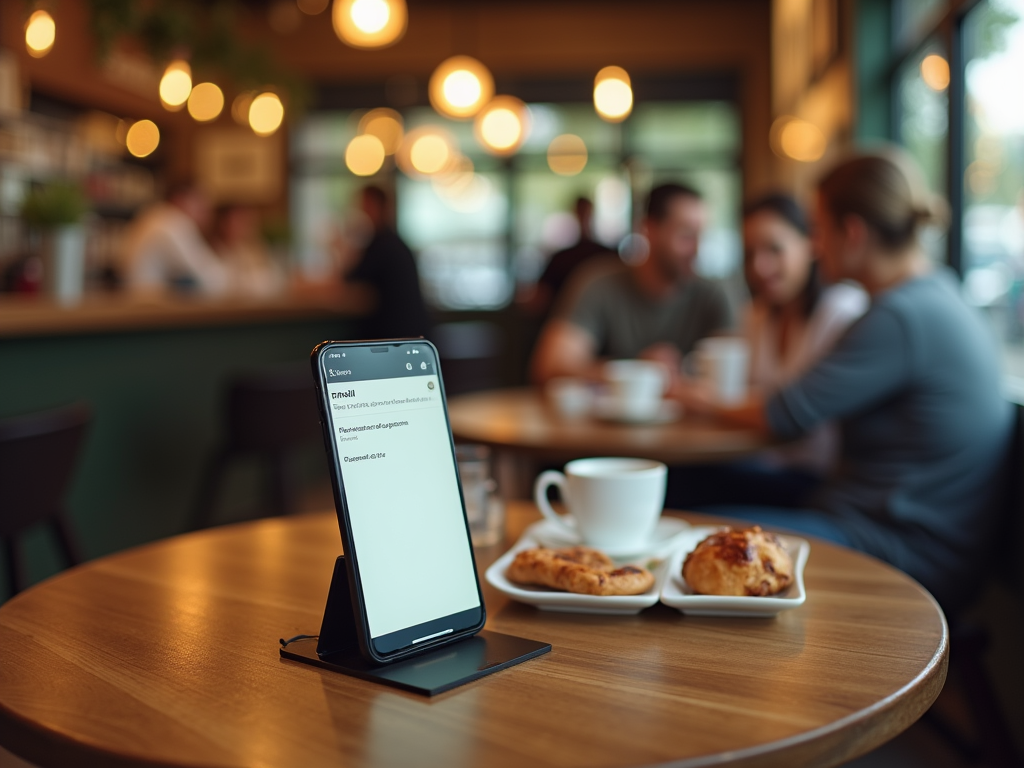Email communication is more than just exchanging information; it is the cornerstone of professional relationships. In a world where digital correspondence reigns supreme, how you craft your emails can significantly influence your effectiveness. A well-structured email not only conveys your message but also reflects your professionalism and respect for the recipient’s time. Whether you are reaching out to a colleague, a client, or a superior, every email provides an opportunity to strengthen your connections and promote your ideas. This guide offers comprehensive tips on writing effective emails that engage readers and elicit desired responses.
Understanding the fundamental components of an email can set you apart. An effective email encompasses several key elements such as a compelling subject line, a clear body of text, and a respectful closing. Balancing professionalism and personality is vital to improving engagement and sustaining communication. As we delve into the intricacies of email writing, you will discover strategies to enhance your communication skills. The following sections will provide practical tips to help you hone your email writing technique, making it more impactful.
Understanding the Importance of Email Communication

Email remains a cornerstone of professional communication, and mastering it can significantly enhance your effectiveness at work. With the increasing dependence on digital tools, your ability to communicate clearly and efficiently via email is more critical than ever. It allows for direct interactions that can streamline workflows and eliminate misunderstandings. Moreover, the right approach can foster collaboration, inspire action, and build trust among colleagues and clients alike. This essential skill not only reflects your professionalism but also showcases your commitment to effective communication. Therefore, it’s crucial to continually refine this skill.
Key Elements of an Effective Email

When crafting an email, there are important elements to consider for a clear and professional message. These elements include:
– A captivating subject line
– An appropriate salutation
– A structured and succinct message
– A respectful closing with a call to action.
| Element | Purpose |
|---|---|
| Subject Line | Grabs attention and summarizes the email content. |
| Salutation | Sets the tone of the email. |
| Message Body | Delivers the information clearly and concisely. |
| Closing | Encourages the recipient to take action. |
Subject Line
The subject line is your email’s first impression. A well-crafted subject line grabs attention and sets expectations for the content. Use clear language that conveys the urgency or importance of your message. Avoid vague descriptors like “Important” or “Urgent” without context. Instead, consider using specific phrases that summarize the core of your email. For instance, “Team Meeting Follow-Up: Action Items Inside” provides immediate clarity.
Salutation
Your choice of salutation plays a crucial role in shaping the recipient’s response. Start with a friendly yet professional greeting. For example, “Dear Dr. Smith” is suitable for formal communications, while “Hi John” works for colleagues with whom you share a comfortable rapport. Avoid overly casual greetings when addressing superiors or clients to maintain professionalism. Also, consider the use of the recipient’s title as a sign of respect.
Crafting Clear and Concise Content
Brevity is key in email communication. It’s important to get to the point quickly while still providing the necessary details. Break your messages into short paragraphs to enhance readability. Readers often skim emails, so using bullet points or numbered lists can effectively highlight key information. For instance, when outlining action items, you may present them as follows:
- Review the attached report by Thursday.
- Prepare feedback for the next meeting.
- Reach out to the finance department for budget approval.
Using appropriate tone and language is also vital. Adapt your style based on your audience. Formality should shift depending on the context and your familiarity with the recipient. When writing to a potential client, for instance, maintain a polished and cordial tone. Conversely, your communication with a close colleague might allow for more casual language. Understand the dynamics of your relationship to foster a better connection.
Closing Your Email Effectively
The closing of your email is just as important as the opening. It provides your recipient with final thoughts, a summary of the crucial points, and often a call to action. A strong closing reinforces the purpose of the email and encourages the recipient to take action. For instance, you might conclude with:
- Looking forward to your feedback.
- Please confirm your availability.
- Let me know if you need further details.
Additionally, always include a proper sign-off such as “Best regards,” or “Sincerely,” followed by your name and title. This not only adds a professional touch but also ensures that your contact information is readily accessible. Be mindful of your signature; it should be concise while still providing essential details like your phone number and company name, if applicable.
Conclusion
Writing effective emails is a skill that can enhance professional communication. By focusing on key elements such as structuring your content, adapting your tone, and employing a compelling closing, you can ensure your emails are both effective and professional. Remember that each email is a reflection of your professionalism and can influence how others perceive you. Continuously seek feedback and learn from experiences to improve your email writing skills over time. With consistent practice, you’ll find that crafting impactful emails becomes second nature.
Frequently Asked Questions
- What should I include in the subject line of my email?
- A concise summary of the email’s content
- Keywords that highlight the email’s purpose
- How long should my email be?
- Ideally, keep your email brief—no longer than a few short paragraphs.
- Should I use formal language in all emails?
- No, adjust your language based on the relationship you have with the recipient.
- Is it acceptable to use emojis in professional emails?
- Use them sparingly and only if you have an established rapport with the recipient.
- How can I ensure my email is error-free?
- Proofread your email before sending and consider using grammar-check tools.





